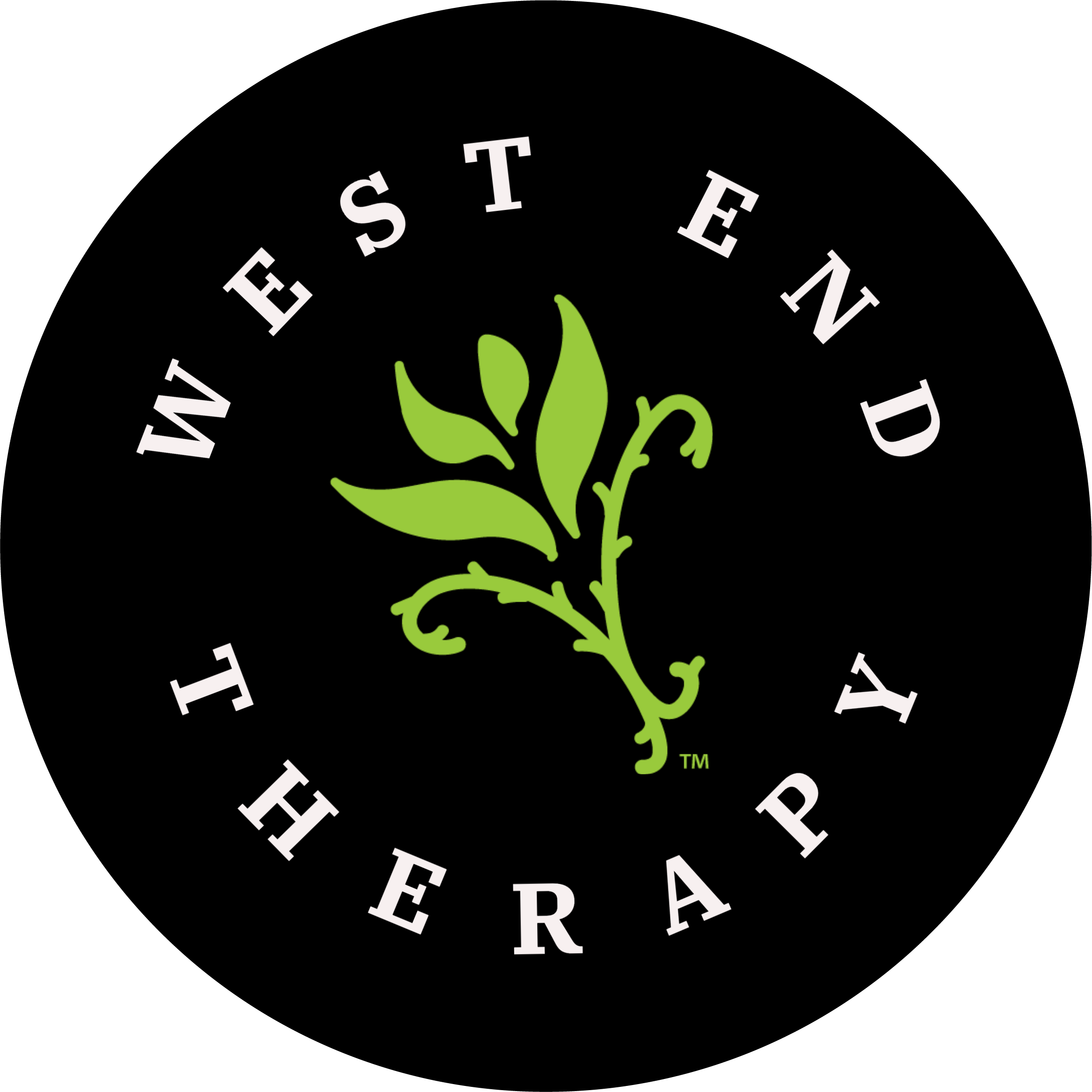
ERP (Exposure and Response Prevention
ERP is the most widely researched and evidence-based approach for the treatment of OCD. It works by gradually exposing individuals to feared thoughts, images, or situations while helping them resist the urge to engage in compulsive behaviours. Over time, repeated practice reduces anxiety and weakens the cycle of obsessions and compulsions. ERP teaches clients that they can tolerate uncertainty and distress without relying on rituals for relief. With consistent practice, individuals build confidence, decrease avoidance, and reclaim control over their lives.













